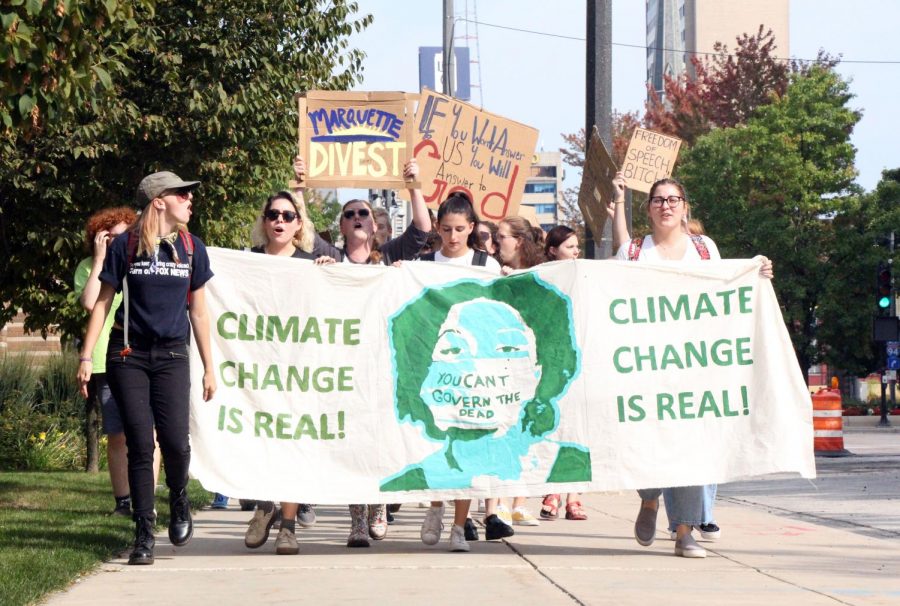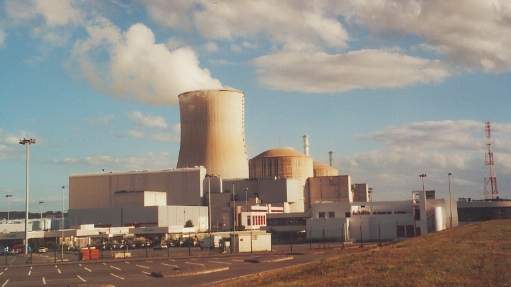U.S. corporate lobbying has a quiet and virtually unseen ripple effect on global climate change. Currently, a third of Pakistan is under water. That’s equivalent to the whole of the United Kingdom. Over 1,100 people have died, more than 33 million people have been displaced and it has caused over $10 billion in damages.
The flood has only exacerbated food insecurity in Pakistan. Prior to the flooding, 27 million people did not have enough food, but now two million acres of crops have been flooded and more than 794,000 livestock have been killed.
The effects of the climate crisis are undeniably connected to the flooding. Since 1970, carbon dioxide emissions have increased by 90%, with emissions from fossil fuels and industrial processes contributing to about 78% of greenhouse gas emissions. Agriculture and deforestation have been the second largest contributors. Pakistan is not new to flooding. Most of the population lives along the Indus River which can flood during monsoon rains. But this is not nearly close to what is expected.
Pakistan emits less than one percent of greenhouse gasses, yet is one of the most vulnerable countries to the impacts of the climate crisis. It may seem far away and even inconsequential, but this will reach the rest of the world. The changing climate is one of the only things that will affect all of us one day, and ignoring it will not make it go away.
We can already see some of the effects of the climate crisis here in Wisconsin. Wisconsin is warmer and wetter than it was over 50 years ago. It has become 2.1 degrees Fahrenheit warmer since the 1950s and extreme rains with long dry spells are becoming more common, according to the Wisconsin Initiative on Climate Change Impacts (WICCI).
Future generations will likely just get used to constant flooding and unprecedented temperatures every year. Likely the poorest and most vulnerable will be affected by the crisis first. The people who have the least to do with the cause of climate change.
In reality, the emissions of private jet flights by the ultra–rich emit the same amount of CO2 in two hours than the average person does in one year. Large private companies have been lobbying against climate reform. For example, Koch Industries, a refinery conglomerate, is the number one lobbying spender spending $8.8 million in 2021. Royal Dutch Shell spent $5.3 million and Chevron Corp spent $5.1 million.
Companies should not have more power over our government than the actual people.
Yet we’re still sold the idea that as individuals, it is our duty to bike, buy less single-use plastics and buy second-hand when our actions are not even nearly as impactful on the climate as large companies.
I’m not saying not to do these things. We should all be conscious of how we as individuals may be affecting the world around us. However, the idea that we all have an equal contribution to the climate crisis is simply untrue. It allows the largest perpetrators to continue their harmful actions with relative ease.
One of the most useful things we can do is vote for politicians who have refused to accept corporate donations. The no corporate political action committee pledge is a pledge taken by some politicians to not accept political donations from corporate lobbyists. This allows for the actual citizens to have power over who is appointed to the office rather than the large corporations.
This story was written by Kirsten Lyons. She can be reached at kirsten.lyons@marquette.edu.










Rick • Sep 13, 2022 at 2:29 pm
Corporations and government are one and the same. Neither has your interests in mind…
Anna Cypert • Sep 13, 2022 at 10:23 am
Thank you Kirsten for the excellent article.You pointed out excellent points. Anna Cypert